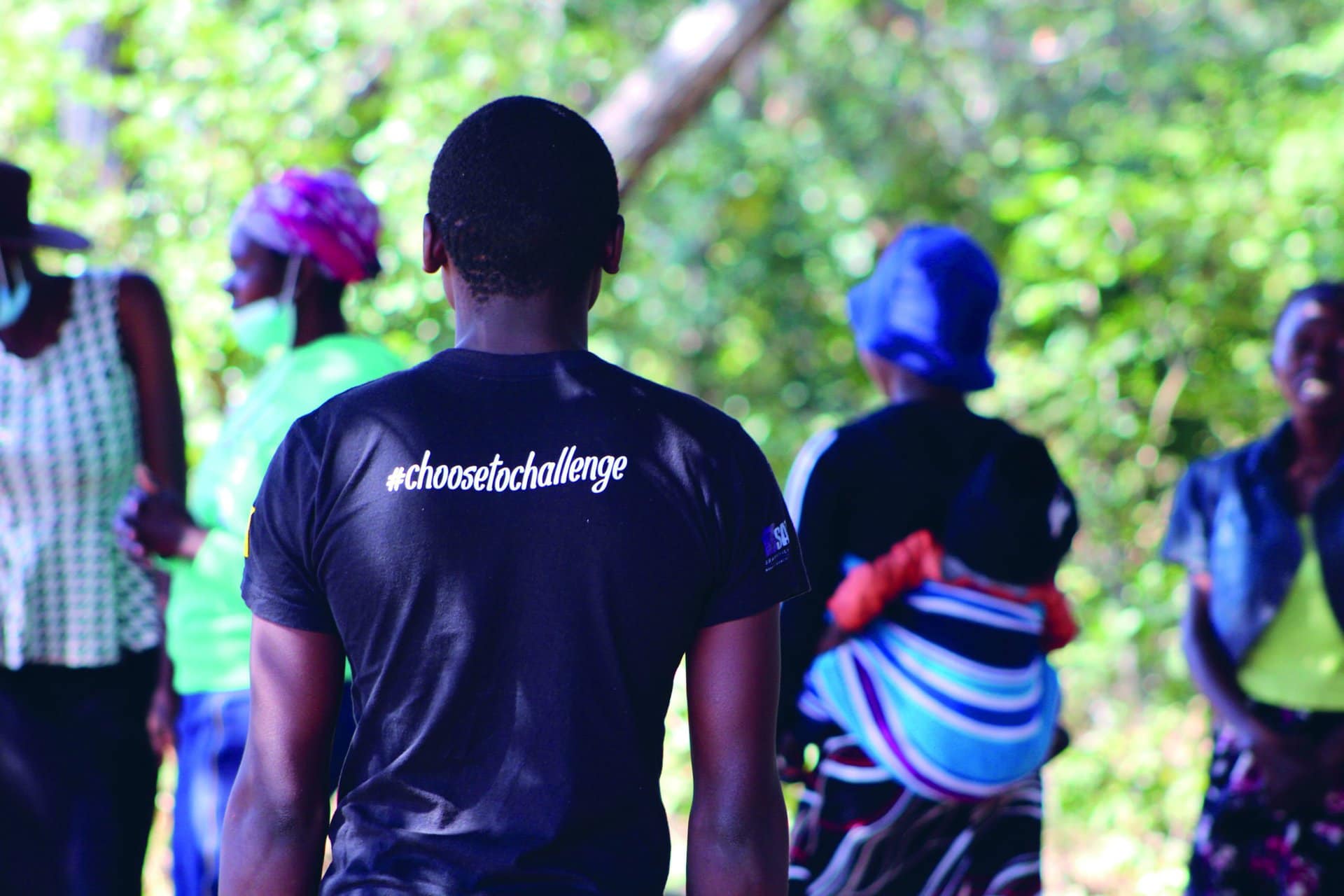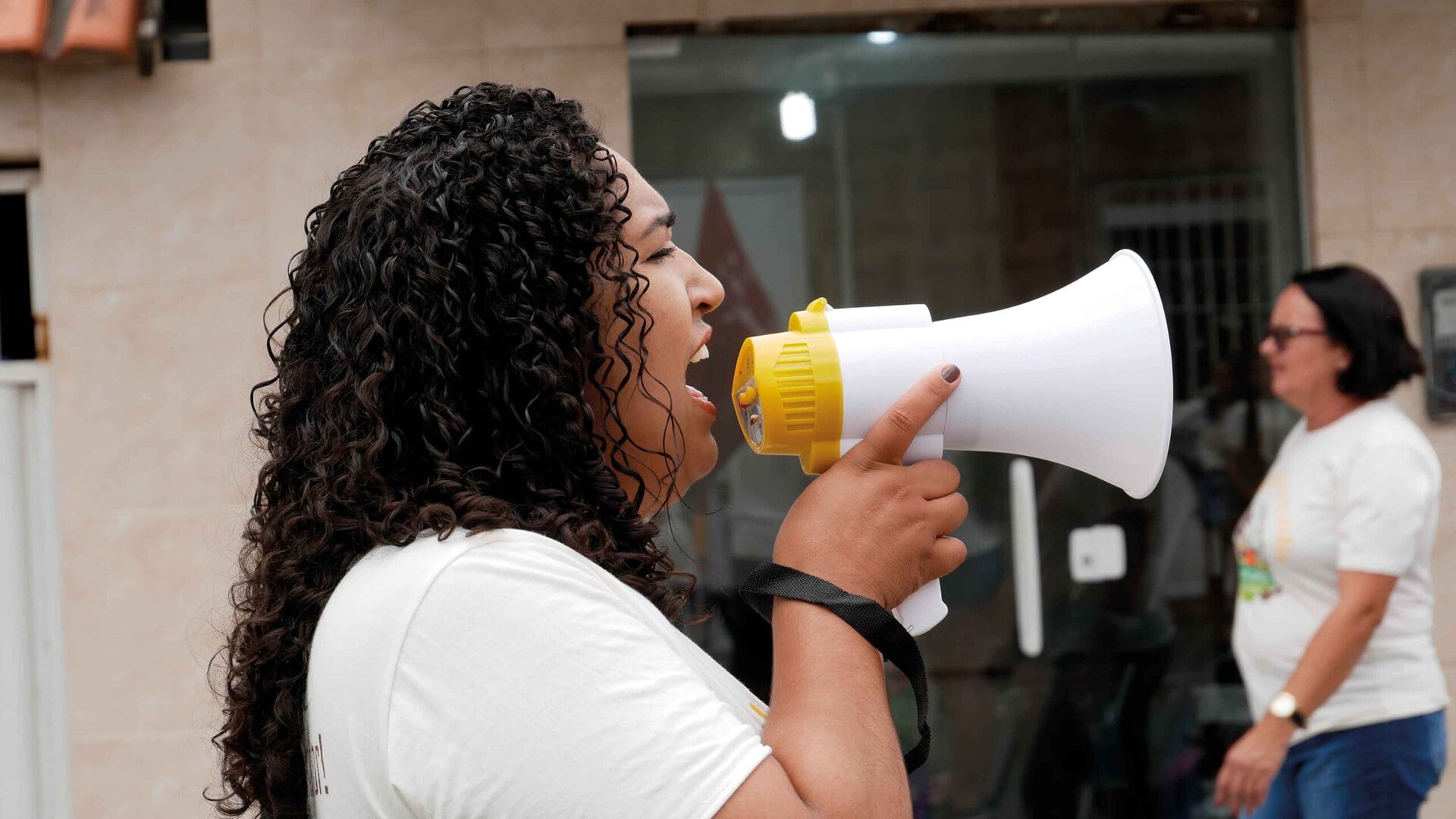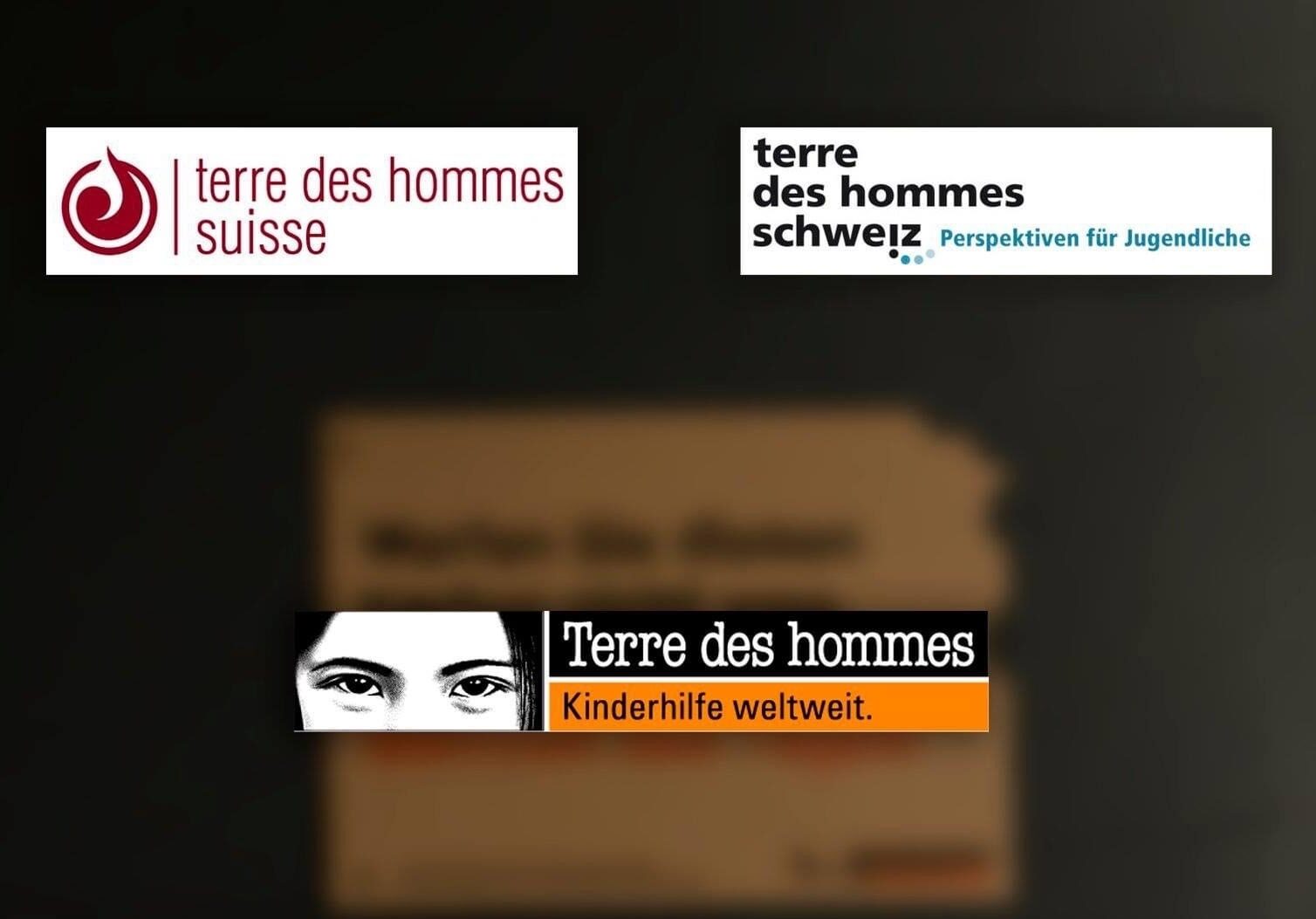Development cooperation and decolonization. One might expect these areas to go hand in hand as a matter of course. Unfortunately, the reality is somewhat more complex, but it does lead to exciting debates and promotes learning and growth. This was the experience of our National Coordinator Tayson Mudakiri from Zimbabwe in the ten years he has been working for terre des hommes.
Buzzwords such as “decolonization”, “criticism of racism” or “gender debate” sound like a trend. But they are not. Decolonization, for example, has been a recurring theme since the colonial era. Again and again, but always differently and further. While “decolonization” during the colonial era still described the liberation of countries and their inhabitants from colonial status, today the term rather stands for the liberation from the influence of colonial, mostly European, structures on our current thought patterns, values and structures. Development cooperation (DC) has changed and evolved a great deal over the last 100 years. In colonial times, what we generally call development cooperation today was closely linked to missionary work. If we look back to the 1960s, and also to the history of terre des hommes schweiz, development cooperation was understood as a kind of charity work that was limited to distributing alms without addressing the structural causes of poverty. Over the decades, the understanding and thus also the implementation of development cooperation has changed for the better, partly because decolonization debates have been held time and again.
Supporting local structures
This is because every generation asks and answers the question of decolonization anew. The work of terre des hommes schweiz, like that of many other reputable Swiss NGOs, has long benefited from the expertise of local staff. I, for example, was born in rural Zimbabwe and know the cultural characteristics of the country, the way my compatriots think and work, their needs and also their approaches to finding solutions. As employees, we want to support local structures and therefore work with local organizations and authorities. This is also the result of the decolonization of development cooperation. Like many of the projects supported by terre des hommes schweiz, the sustainability of the projects is based on two aspects. One aspect is the strengthening and empowerment of beneficiaries at various levels so that they become independent agents of change. This enables them to define local institutions and key stakeholders that can support them. A second aspect is advocacy work, with the help of which guidelines and structures can be made more youth-friendly in the long term and sustainable systemic change can be achieved. In addition to financial support, terre des hommes schweiz invests in local staff so that they can build their capacities.
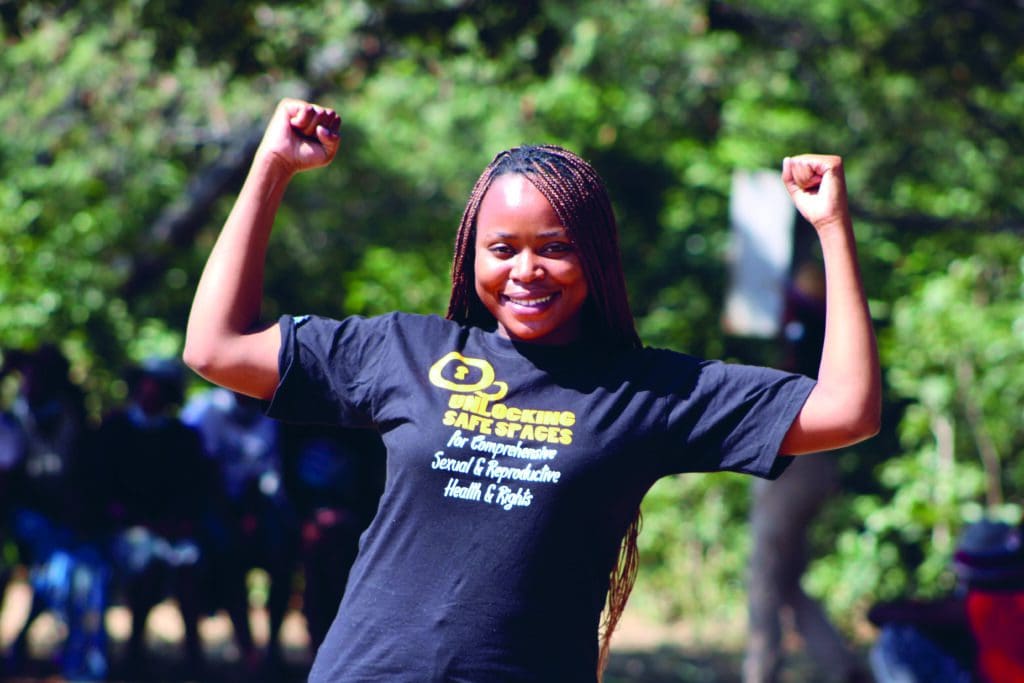
An open and critical exchange
Talent Jumo, Director of the women’s rights organization Katswe Sistahood in Zimbabwe, assesses our work as follows: “The terre des hommes schweiz approach is not prescriptive or judgmental, so we find it encouraging. It enables grassroots partners to design relevant initiatives and implement them in a way that empowers communities. The partnership with terre des hommes schweiz supports youth-led processes and community-based monitoring of learning. It enables young people to define what success means and how it is measured. This requires a huge investment in terms of time and resources.” This eye-level work is important to us, without ignoring power dynamics. It shows us that we are doing our job well. For example, I know of partners who are treated quite dominantly by donors. Project visits are announced at short notice – without regard for deadlines and coordination efforts for the local partners. Putting aside this attitude is also decolonization of development cooperation, as is consideration for partners, their needs and respect for their work and recognition for their achievements. This also applies to the declaration of consent for a picture before publication or for the dignified presentation of our young people to the outside world. The recruitment of experts, photographers and researchers for external commissions is now also carried out in the countries themselves so that no one has to be flown in from Europe.
The courage to debate
However, much remains to be done and many questions still need to be answered. Is a head office in Basel still appropriate today or should such structures not be better decentralized? What internal expertise can already be positioned in the countries? How can we ensure that the voices of young people, local partners and employees are given the weight they deserve in strategic and programmatic decisions? There are no simple answers to any of these questions. However, it is important that we are not afraid to ask them and answer them together. I really appreciate that about my work at terre des hommes schweiz. I can truly say that we have the courage to hold such debates again and again. Not only because it is part of our responsibility to lead the way as a development cooperation actor, but also because as a learning organization we have the self-image to constantly question our role, our structures and ways of thinking together and to grow together. This is how development cooperation is decolonized.
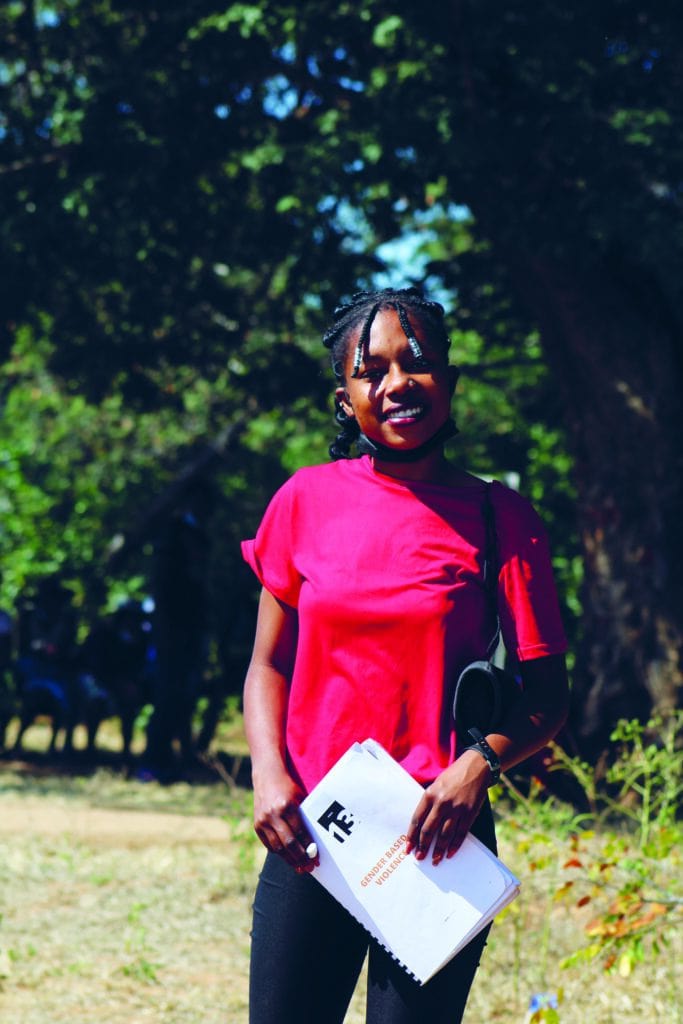
Responsible communication
We also want our communication to convey respect for the dignity and universal rights of all people. Whenever possible, we let the people and our partners in the South have their say. We show them as actors who take their future into their own hands and positively influence their political, economic and social environment. As a member of Alliance Sud, we adhere to the Manifesto for Responsible Communication in International Cooperation, which was drawn up in September 2020.
By Tayson Mudarikiri, National Coordinator in Harare, Zimbabwe.
Translated by Hafid Derbal, Program Coordination for Zimbabwe and South Africa, Switzerland
